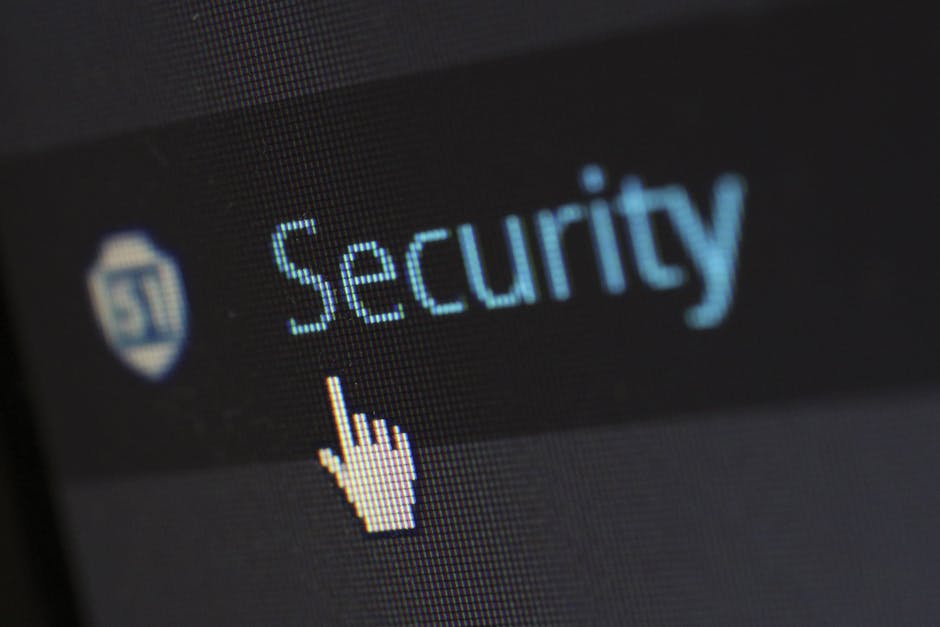Five Useful Tips Regarding Password Security

Tips on keeping your accounts secure!
Passwords are important in our lives. It is like a key to your house. We must keep the key safe and away from prying eyes, and nosy neighbors. Same is true with passwords. They are the key to our online accounts, whether it is for social media, online shopping, or mobile banking. A strong password is useless if you do not apply certain precautions. It is imperative to keep these online accounts safe, and these practical tips will help you achieve that.
- Beware of phishing scams. You are not obliged to open every email you receive. If an email looks obviously suspicious, never respond and just opt to delete it immediately. Unfortunately, there are various fake emails fishing for personal information including your passwords. Always check if the emails you have received are officially from the websites you signed up. Check the URL of the supposed websites and do not give away your password immediately. You might get convinced by an authentic-looking website. Faceboook.com is not Facebook.com. Take note that the first one has three O’s. The real one is spelled with two. Do not let a minor misspelling fool you. If you are unsure of the security of your account, go to its official website and type the website address yourself. Avoid relying on the emails that give you links that will probably redirect you to a totally different web address.
- Change passwords regularly. Passwords are like a box of tissues. Once you have used it, you cannot use it again. Change your password to something new, and refrain from reusing old passwords. A password change is always advisable as you can accidentally give your password away especially if you are using a shared computer. You may have clicked the remember my password option. Prevent the misuse of your online accounts by constantly changing your password.
- Never keep your passwords near your computer or store your passwords in an open and shared computer. Keep it in an area only you (or any authorized personnel) have access to. You can utilize password management applications to help you store your different passwords in a database. There are various applications to choose from namely: LastPass, 1Password, True Key, Keeper, Sticky Password, Dashlane, and so on. You can check and compare their security features, and choose what password application suits you best.
- Avoid entering your password especially when someone is looking. If you think someone saw you typing your password, change it immediately. This is also why it is important to change passwords regularly. You may have accidentally disclosed your password to other people. Handle your passwords with care and do not forget to log out when you are done checking your accounts. Closing the browser is different from logging out
- Last, but not the least. Never share your password with anyone you know, even to your family and friends. Consider your password as a bank pin. You would not want to divulge your bank pin to your friends. If someone knows your password, your online identity will be compromised. They can access your personal profile, make purchases on your behalf, and even transfer funds from your bank account.


